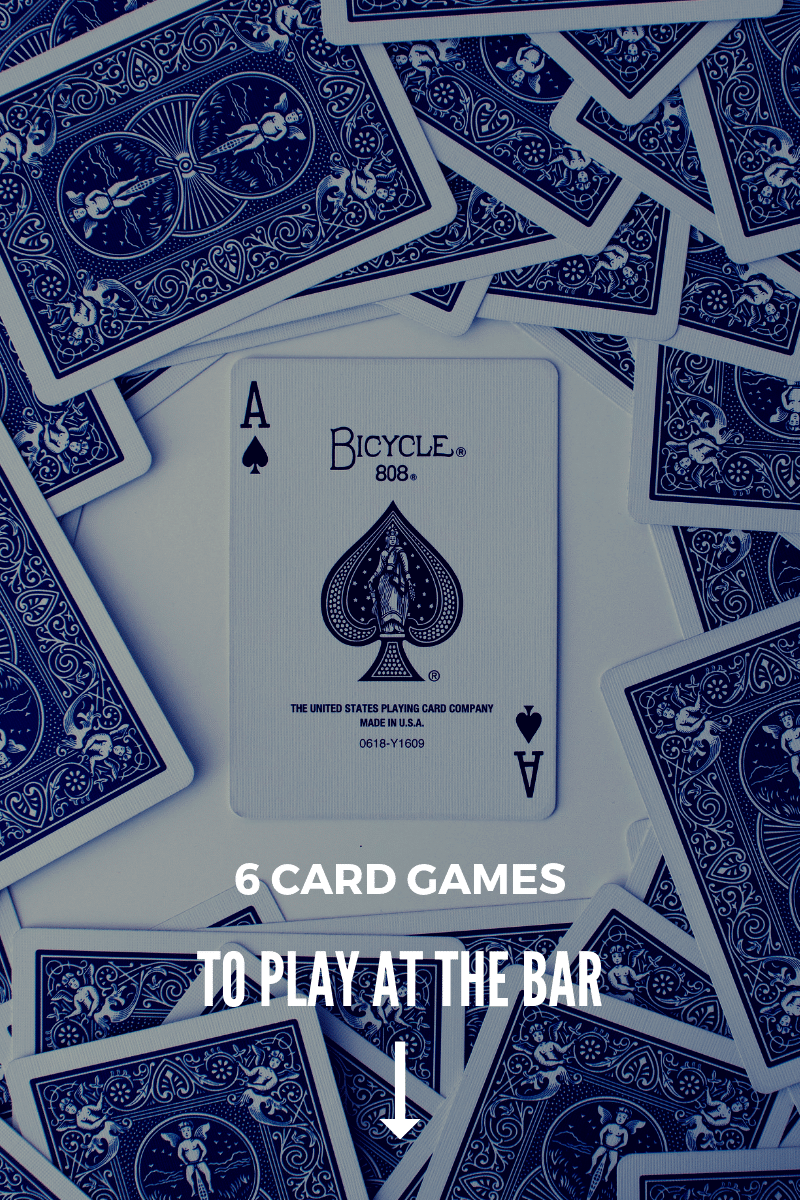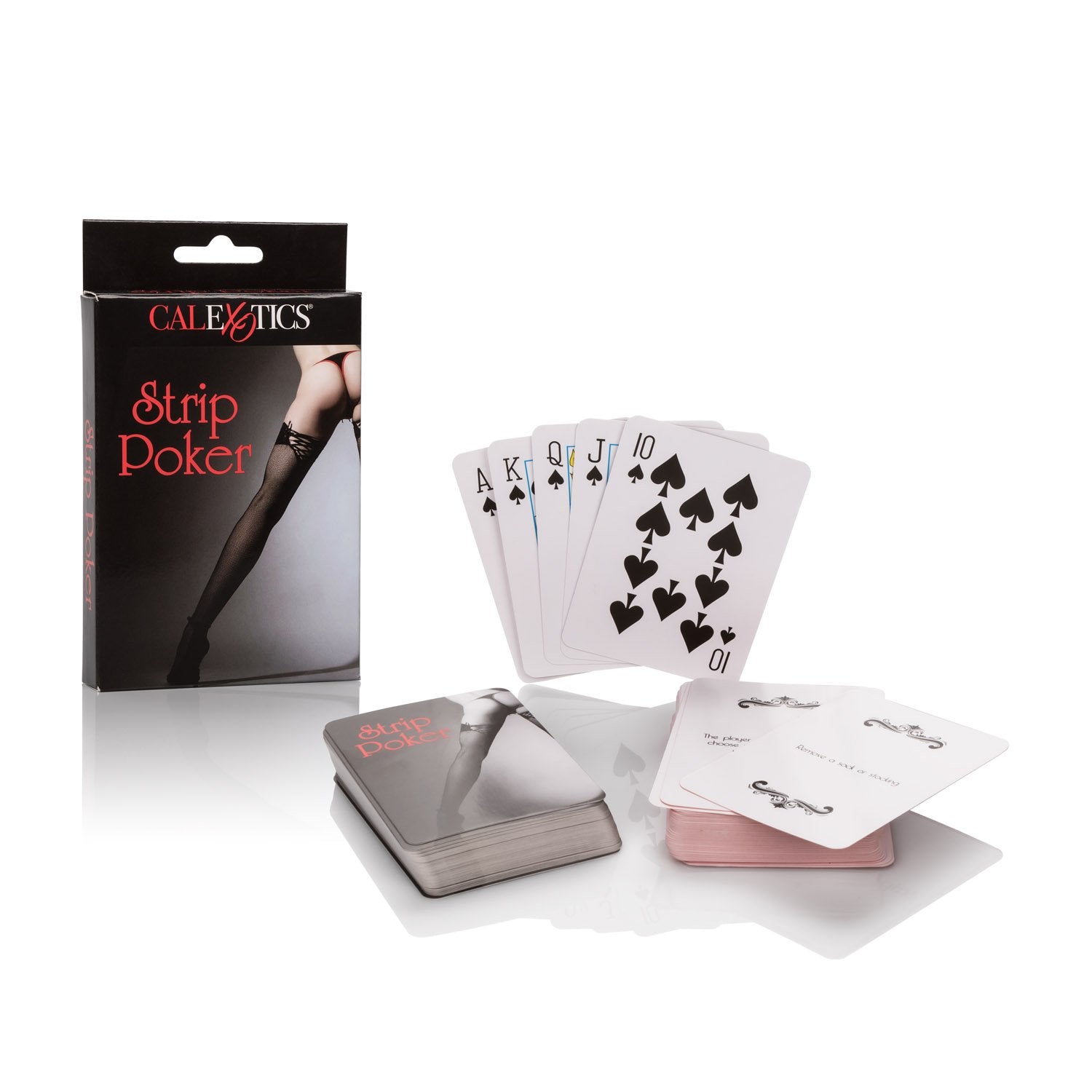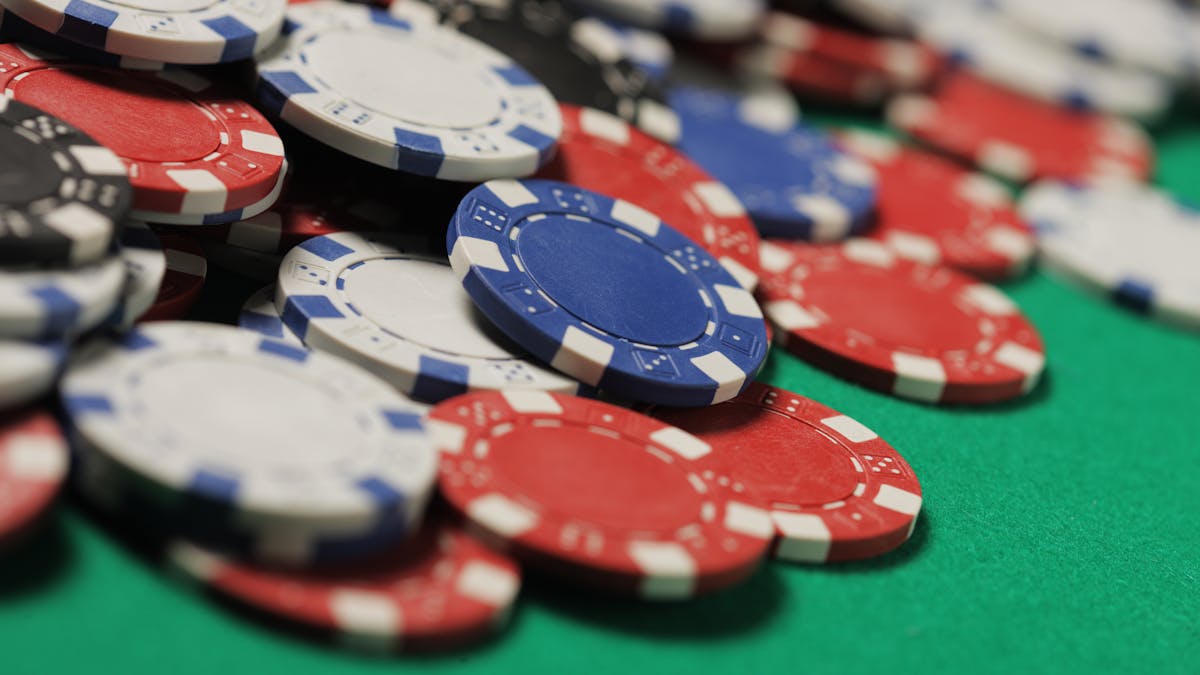Non Poker Card Games
Take your online poker games anywhere and know that you’re getting the true Vegas-style game. VARIETY – Play poker free and however you want! Join a Sit n Go game or a casual online poker game, and win generous in-game payouts! 5 player or 9 player, fast or slow, join the table and stakes you want. Free poker - free online poker games. 247 Free Poker has free online poker, jacks or better, tens or better, deuces wild, joker poker and many other poker games that you can play online for free or download.

| Date | Publication Number | Title | Topic |
|---|---|---|---|
| 04/10/1995 | No. 1995-1 | All Banking Card Games Fall Within Class III Gaming | Class II, III & Charitable Gaming |
All Banking Card Games Fall Within Class III Gaming
Tingly Solitaire. Tingly Pyramid Solitaire. Our collection also features alternative games of poker. Play Let It Ride against the house, and make all bets as you would at the casino. Or, play one of many poker variations with special card decks, including dinosaur. Community card poker refers to any game of poker that uses community cards (also called 'shared cards' or 'window cards'), which are cards dealt face up in the center of the table and shared by all players. In these games, each player is dealt privately an incomplete hand ('hole cards'), which are then combined with the community cards to make.
Date: April 10, 1995
Subject: All Banking Card Games Fall Within Class III Gaming
The National Indian Gaming Commission (NIGC) was asked recently whether a player banked version of blackjack (21) falls within class II or class III gaming under the Indian Gaming Regulatory Act (IGRA). After a thorough legal review, the NIGC has concluded that all banking card games, including card games banked by the gaming operation or by a player, fall within class III gaming. Because many tribes are conducting player banked card games, including player banked blackjack, as part of their class II gaming operations, the NIGC is issuing this bulletin.

In player banked blackjack (21), players are playing against a player bank. The banker/player has a mathematical percentage advantage over the other players similar to the advantage the gaming operation has in traditional blackjack. The tribal gaming operation does not participate in, or have any interest in, the outcome of the game. The gaming operation makes money by collecting an ante from each player per hand. A player takes on the role of banker, collecting all losses and paying all winnings.
In blackjack (21), as traditionally played, the gaming operation acts as the bank or banker. Apparently, some tribes are of the view that if the gaming operation does not bank the game, the game is a nonbanking card game and thus falls within class II gaming.
All banking card games, including three which are specifically enumerated, are excluded from class II gaming in the IGRA. Those specifically enumerated card games are baccarat, chemin de fer, and blackjack (21). See 25 U.S.C. § 2703(7)(B)(i). Baccarat and blackjack (21) are card games banked by the gaming operation, whereas chemin de fer is a player banked version of baccarat. See, John Scarne, Scarne's New Complete Guide to Gambling, 342, 459-460 (1986); Albert H. Moorehead, et al., The New Complete Hoyle, 513, 541-548 (1991).
NIGC regulations define class II card games as nonbanking card games. See 25 C.F.R.
§ 502.3(c). Class III games are defined as all games which are not class I or class II and includes house banked baccarat, chemin de fer, and blackjack (21). See 25 C.F.R. § 502.4.
Banking card games are classified as class III in the IGRA. The IGRA states that '[t]he term class II gaming does not include any banking card games, including baccarat, chemin de fer, or blackjack (21) ...' 25 U.S.C. § 2703(7)(B)(i). The term class III gaming means 'all forms of gaming that are not class I gaming or class II gaming.' 25 U.S.C. § 2703(8).
By excluding banking card games from class II gaming, the only card games Congress intended to fall within class II are nonbanking card games. As was previously discussed, chemin de fer is a player banked game, whereas baccarat and blackjack (21) are banked by the gaming operation. Therefore, by express language, as well as enumerating these specific card games, Congress clearly intended to exclude from class II gaming those card games banked by either the player or the gaming operation.
Because the statutory language is clear and unambiguous, there is no need to look to the legislative history of the IGRA. United States v. Taylor, 487 U.S. 326, 344-346 (1988).

In the view of the Commission, non-banking card games are games where players play against each other. The game of poker would be the typical example. It has been asserted that in player banked blackjack, players are playing against each other. This is incorrect. In player banked blackjack, the players are not playing against each other. They are playing against a banker who happens to be another player. This player banker has a percentage or odds advantage over all other players. This advantage is a fundamental characteristic of a banking game.
Poker Games Free
To further clarify the distinction between class II gaming and class III gaming, the NIGC defined 'house banking' to mean 'any game of chance that is played with the house as a participant in the game, where the house takes on all players, collects from all losers, and pays all winners, and the house can win.' 25 C.F.R. § 502.11. The NIGC adopted the commonly understood definition of a banking game. In the view of the NIGC, the reference to the 'house' is not limited to the gaming operation, but refers to anyone who is a participant in the game, takes on all players, collects from the losers, and pays the winners. However, the NIGC recognizes that the reference to the 'house' may be confusing; therefore, the NIGC intends to amend sections 502.4 and 502.11 accordingly.
For further information, please contact the NIGC legal staff at (202) 632-7003.
Frequently Asked Questions

Q: Why won't you add rule-variations/replayable-games/any-other-feature? It would make the game much better.
A: We get a lot of requests from people that just want one tiny little feature added to a game. What they don't realize is that if we start implementing all the suggestions we get then the games will no longer be simple. The number one praise we get is that the interface is simple and uncluttered and it's easy to play. That's very much deliberate. There is no login, no loading screens, as few options as possible. We want to keep it as simple as possible, and that means each game only has one set of rules, you can't choose variations, we try to add as few controls as possible to the screen etc. So, don't feel bad if you make a suggestion and I deny it, we deny 99% of all suggestions.
Q: Why can't I see my statistics on another computer?
A: This goes back to simplicity again. We don't want people to have to login to the site. We don't want to keep passwords in a database and be responsible for them. Your statistics are stored in your browser, we don't store them anywhere. That means that as soon as you switch browsers you won't see the same statistics.
Q: Does this site use cookies and/or track people?
A: Yes, this site uses cookies. They are used for game purposes, like remembering your scores between rounds, but also to gather aggregate data on people's browsers, screen resolutions and more, which helps us figure out what we need to support. Finally they are also used for advertising purposes. A more detailed description of our cookie use can be found in our Privacy Policy, and you can always reach out and contact us if you're concerned about it.
Hoyle Poker Card Games
Q: Do the computer players cheat? Are the games fixed?
A: No. In all the games the cards are dealt randomly at the start, and the computer players make their decisions based only on knowledge of their own hands, and knowledge of what has been played. Basically they use the same information as a human player would have available to them.
Q: I saw an offensive ad. Can you remove it?
A: If you see an ad that is offensive to you then please contact us and we'll try our best to block it. Due to the way advertising works we can't always immediately find the ads to block them, but if you send a screenshot of it, or you remember any text on it or a url then there's a much higher chance that we can find it and block it.